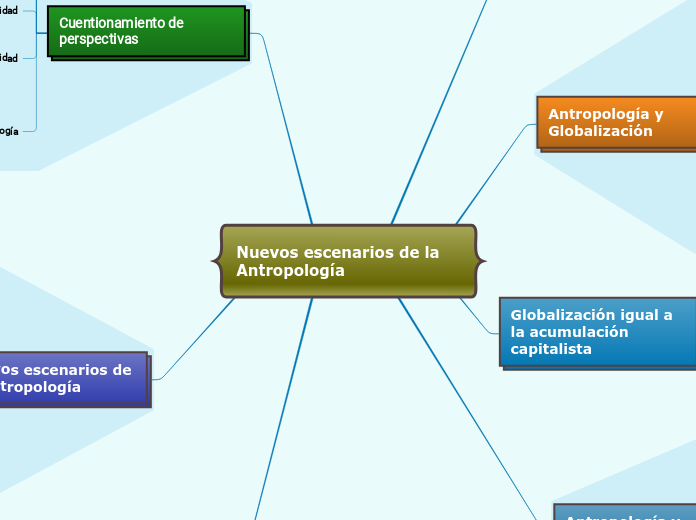jonka DIEGO ALEXANDER TREJO TULCAN 4 vuotta sitten
876
Nuevos escenarios de la Antropología

jonka DIEGO ALEXANDER TREJO TULCAN 4 vuotta sitten
876

Lisää tämän kaltaisia
The part of speech is a category to which a word is assigned according to its syntactic functions. In English the main parts of speech are noun, pronoun, adjective, determiner, verb, adverb, preposition, conjunction, and interjection.
A conjunction is a word like 'if' 'but' or 'and' which is used to connect sentences or clauses together.
An interjection is used to express emotion in a sentence.
Think of other interjections!
A numeral is a word or phrase that describes a numerical quantity.
Some theories of grammar use the word 'numeral' to refer to cardinal numbers that act as a determiner to specify the quantity of a noun, for example the 'two' in 'two hats'.
A pronoun is a word that can be used in place of a noun, typically after the noun itself has already been stated.
Relative pronouns are used to add more information to a sentence. Which, that, who (including whom and whose), and where are all relative pronouns.
Interrogative pronouns are used in questions. Although they are classified as pronouns, it is not easy to see how they replace nouns. Who, which, what, where, and how are all interrogative pronouns.
Superlative adjectives demonstrate a higher level of comparison between entities.
Reciprocal pronouns are used for actions or feelings that are reciprocated. The reciprocal pronouns are each other and one another.
A reflexive pronoun ends with ...self or ...selves and refers to another noun or pronoun in the sentence (usually the subject of the sentence). The reflexive pronouns are myself, yourself, herself, himself, itself, ourselves, yourselves, and themselves.
Demonstrative pronouns are used to demonstrate (or indicate). This, that, these, and those are all demonstrative pronouns.
Possessive pronouns are used to show possession. The possessive pronouns are mine, yours, his, hers, ours, and theirs.
The personal pronouns are I, you, he, she, it, we, they. More often than not (but certainly not always), they replace nouns representing people.
An adjective is a word that's used to describe a specific noun and to provide more detail to the listener.
Expresses a comparison between two entities or groups of entities in quality or degree.
A noun is defined as a person, place, thing or idea. Proper nouns always begin with a capital letter. Common nouns, which are general words, such as 'cars,' are not capitalized.